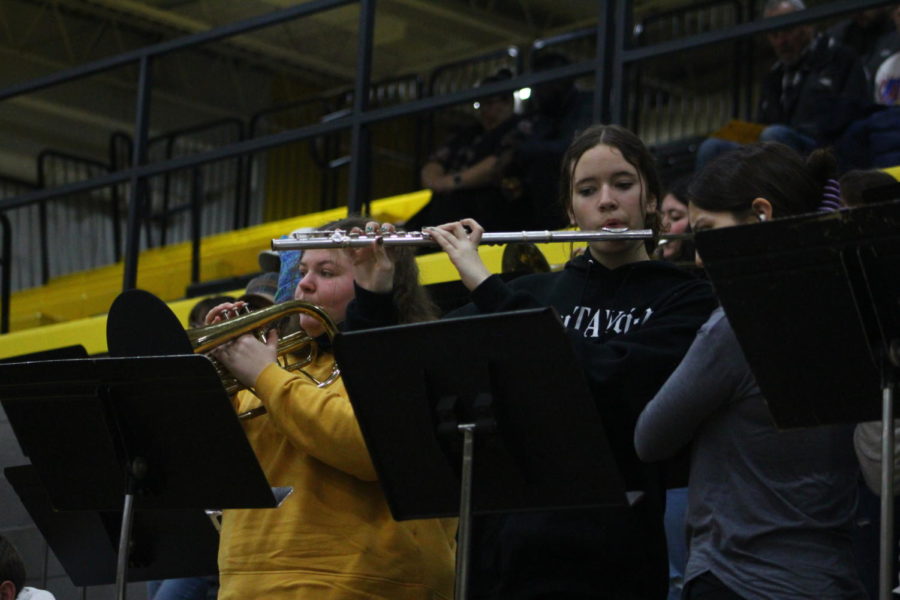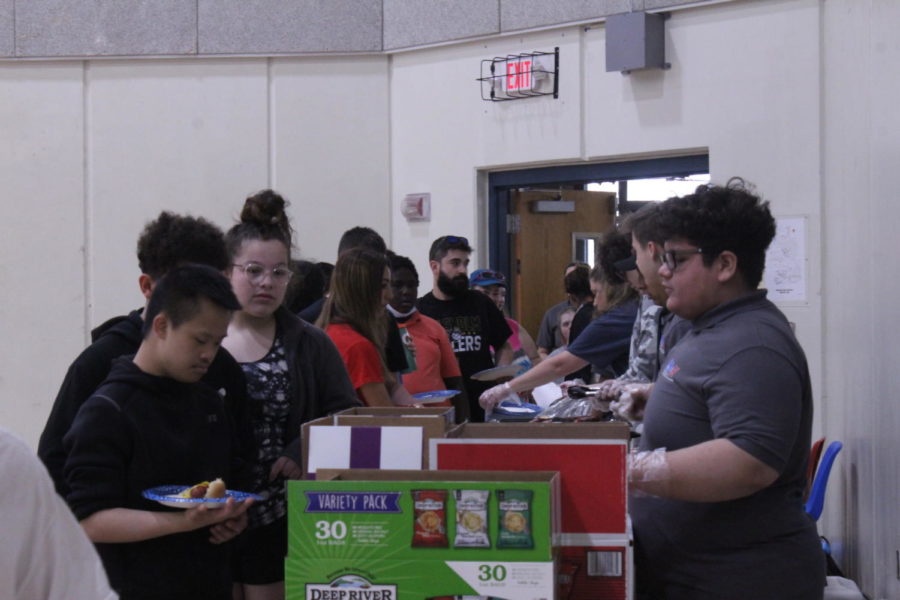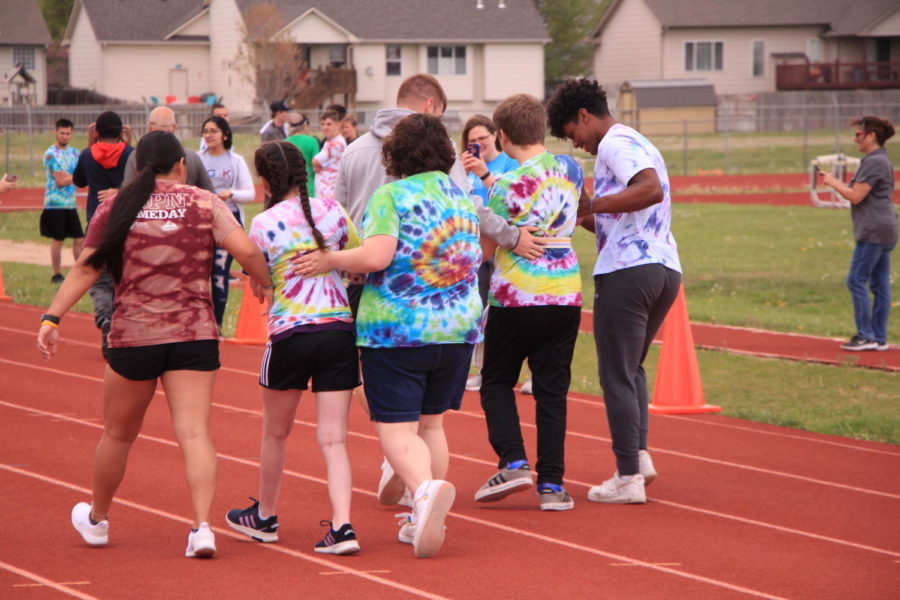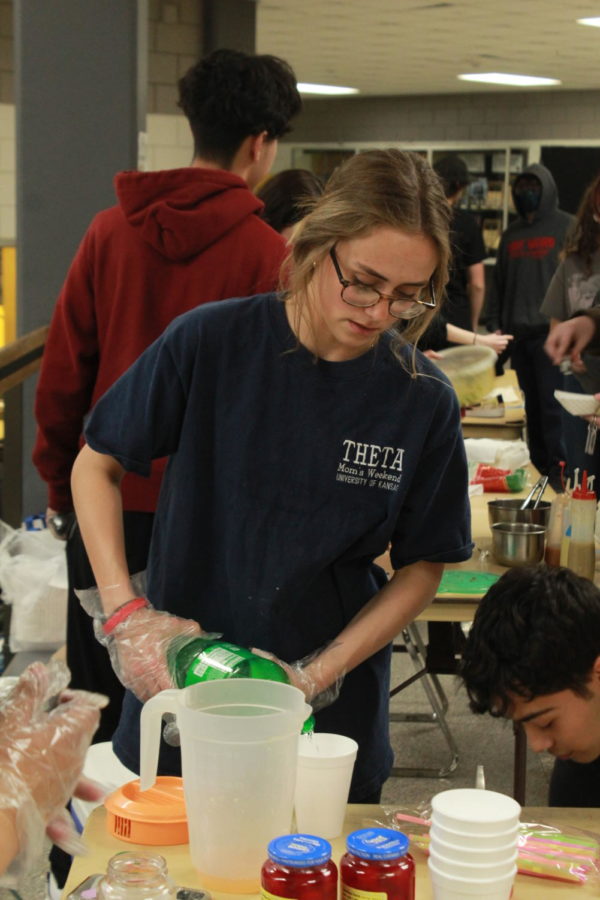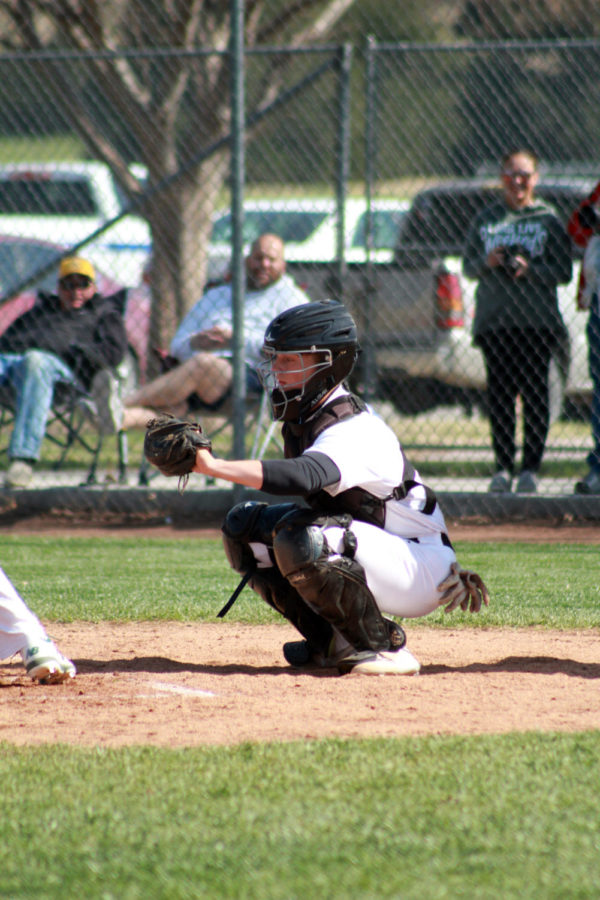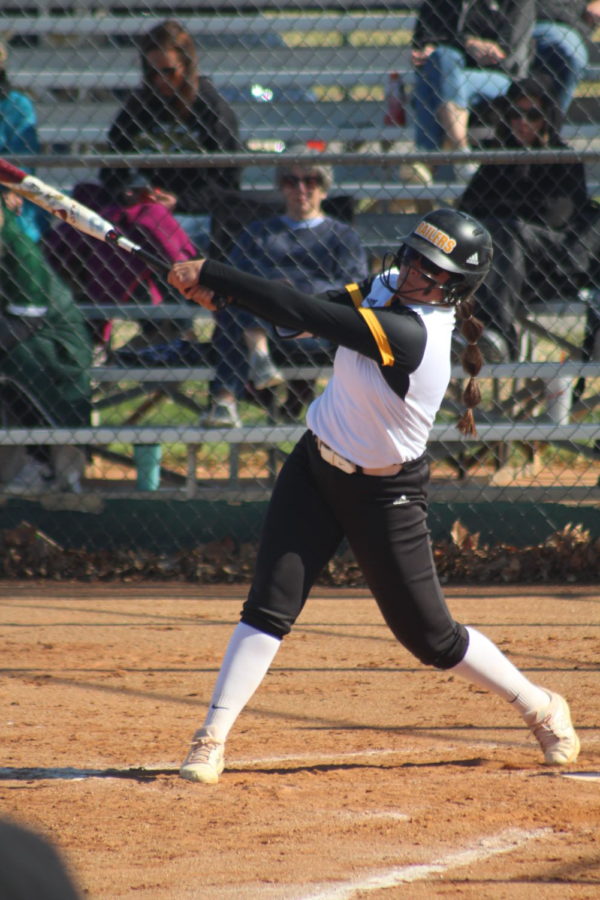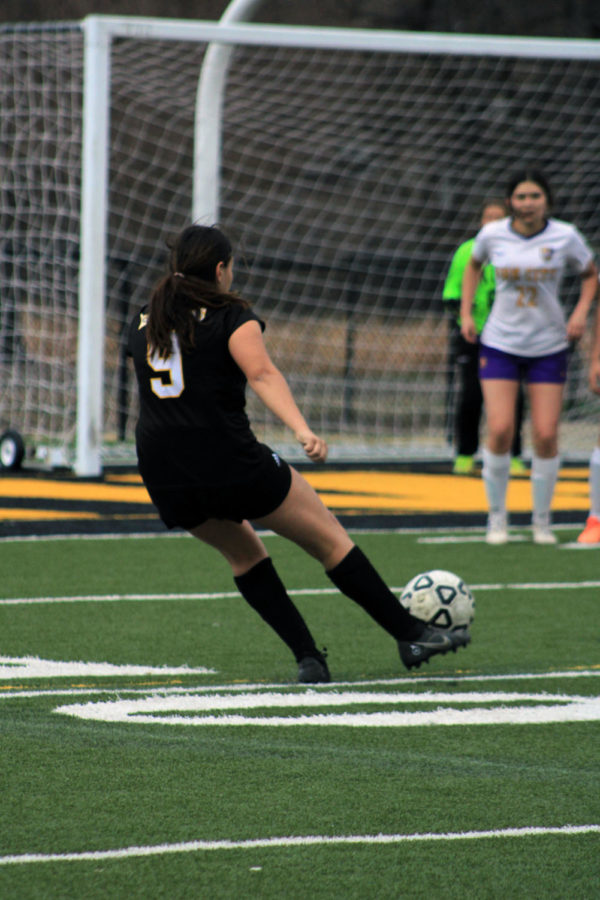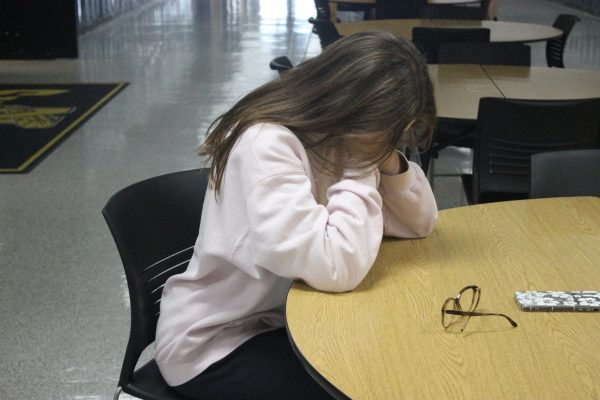Elly Green Senior Opinion: Victim blaming too prevalent in high school
May 25, 2022
 I can roughly remember my freshman year, being a 14-year-old newbie at the high school with nothing but wide-eyed optimism for what the next four years held for me. Joining the dance team, newsmagazine staff and several other clubs and activities that would hopefully fill my high school career with overwhelming joy. That same year, I was told by a close friend of mine that she had been raped, this enlightened me to the effects of what rape culture within the high school did to her.
I can roughly remember my freshman year, being a 14-year-old newbie at the high school with nothing but wide-eyed optimism for what the next four years held for me. Joining the dance team, newsmagazine staff and several other clubs and activities that would hopefully fill my high school career with overwhelming joy. That same year, I was told by a close friend of mine that she had been raped, this enlightened me to the effects of what rape culture within the high school did to her.
Oxford languages defines rape culture as the following, “a society or environment whose prevailing social attitudes have the effect of normalizing or trivializing sexual assault and abuse.” What is not included in this definition comes from more personal and specific examples of rape culture, in which I have unfortunately seen in my four years in high school. This includes; bullying, cyber bullying, name-calling, victim blaming, etc.
Growing up a woman in the modern world I was taught about rape and sexual assault from very early on, not only from my mother but from social media. Social media tended to resort to victim-blaming women who experienced rape or sexual assault. “What were you wearing?”, “Did you have anything to drink that night?”, “You must have done something to make him think he could do that.” Not only this, but boys were let off the hook. “Boys will be boys” was a common phrase used to excuse aggressive and coercive sexual behavior from growing boys.
To be blunt, although I grew up knowing what rape was, I had truly no idea the severity of the situation. This changed my freshman year when I was told about the rape my friend had experienced from her perspective. Soon after she was brave enough to report her rape to the police, the student community took it into their own hands to declare this man innocent, and her a liar.
This particular victim received threats, name-calling, and many other forms of harassment which forced her to hide away from these students for a while. When she felt confident enough to attend an away football game, some of the student section greeted her by starting a chant relating to freeing her alleged rapist, which obviously drew her away from the school community once again. After reporting this incident to administration, she was told she should, “maybe not attend football games for a while.” It was her senior year. Her last year to experience what high school should be, amusement and excitement. Instead she was encouraged to isolate from the very community that could have provided these experiences.
My next experience seeing rape culture at the high school comes from a even more personal level, when my sister told me she was raped. Being so close with my sister, I was quickly accustomed to not only the mental damages of rape and rape culture a victim experiences, but also the emotional and physical damages.
Despite being out of school for the summer, student athletes at the high school protested outside of her pre-trial calling her a liar and claiming that everything she accused this man of was for attention. Posts were made on all forms of social media, mostly on Snapchat and Twitter exposing her social media handles, calling for viewers to cyberbully her.
When I entered my junior year of high school, coming out of the summer where my sister’s trial took place, I felt unsafe in my own school, knowing that most of my classmates had bullied my sister at some point during her trial. When it came to administration’s attention to the bullying their own students had participated in over the summer, little to no action was taken involving consequences. This further adds to the stigma of rape-culture in our own high school.
We were all taught to never be innocent bystanders of bullying, but especially to never be the bully. Bullying rape victims and rape-culture go hand-in-hand and both of these descriptions are ever-present at Newton High School. Changing the attitudes about rape victims is not an easy fix, but rather one that takes generations to learn how to de-stigmatize these victims. However, you have to start somewhere and I believe it should start now.


